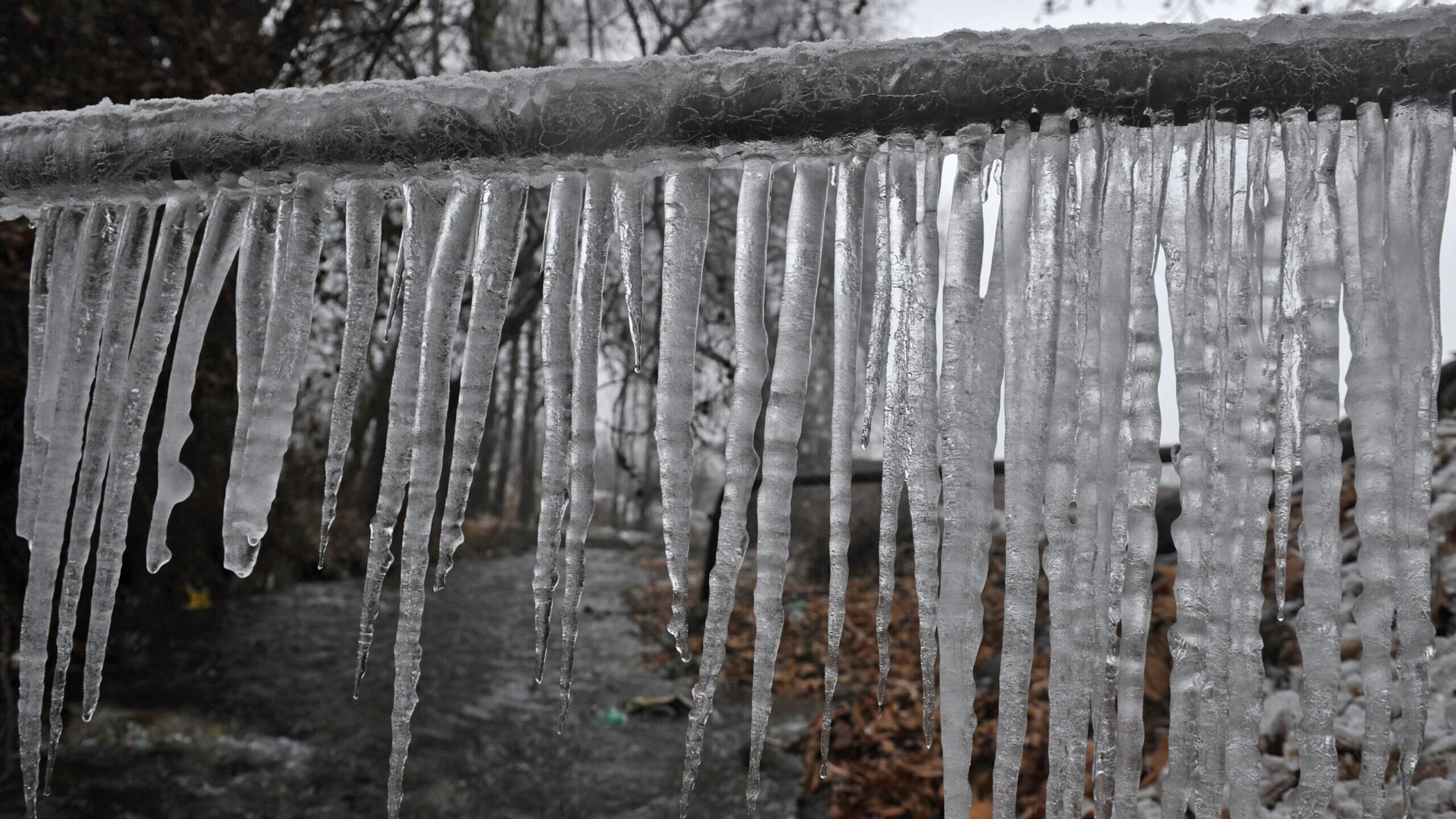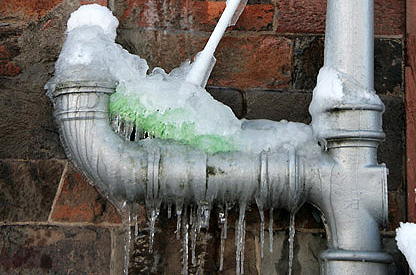Protecting Against Frozen Plumbing in Winter: Critical Advice
Protecting Against Frozen Plumbing in Winter: Critical Advice
Blog Article
We have come across this article relating to Winter Plumbing Precautions: Preventing Frozen Pipes listed below on the internet and thought it made sense to share it with you on this page.

Winter can ruin your plumbing, particularly by freezing pipelines. Right here's just how to stop it from occurring and what to do if it does.
Intro
As temperature levels drop, the danger of frozen pipes rises, possibly causing expensive repair services and water damages. Understanding how to prevent icy pipes is critical for homeowners in chilly climates.
Understanding Icy Pipes
What causes pipes to freeze?
Pipelines ice up when exposed to temperature levels below 32 ° F (0 ° C) for prolonged durations. As water inside the pipelines freezes, it broadens, putting pressure on the pipeline wall surfaces and possibly causing them to break.
Threats and problems
Icy pipelines can cause water disturbances, residential property damages, and expensive repair services. Ruptured pipes can flooding homes and trigger considerable architectural damage.
Signs of Frozen Water Lines
Identifying frozen pipelines early can prevent them from rupturing.
Exactly how to identify icy pipelines
Seek lowered water flow from taps, uncommon odors or sounds from pipes, and visible frost on subjected pipelines.
Prevention Tips
Insulating susceptible pipelines
Cover pipes in insulation sleeves or make use of heat tape to safeguard them from freezing temperature levels. Concentrate on pipelines in unheated or external locations of the home.
Home heating techniques
Keep indoor spaces sufficiently warmed, especially locations with plumbing. Open cupboard doors to allow warm air to flow around pipelines under sinks.
Shielding Outdoor Plumbing
Yard pipes and outdoor faucets
Detach and drain pipes yard tubes before winter. Mount frost-proof spigots or cover exterior faucets with shielded caps.
What to Do If Your Pipelines Freeze
Immediate actions to take
If you believe icy pipes, maintain taps open up to eliminate stress as the ice melts. Make use of a hairdryer or towels soaked in warm water to thaw pipelines slowly.
Long-Term Solutions
Architectural changes
Take into consideration rerouting pipelines away from exterior walls or unheated locations. Add extra insulation to attic rooms, cellars, and crawl spaces.
Upgrading insulation
Purchase high-grade insulation for pipes, attics, and walls. Correct insulation aids keep consistent temperatures and decreases the risk of frozen pipes.
Verdict
Stopping frozen pipelines requires positive procedures and fast actions. By understanding the causes, indications, and preventive measures, homeowners can secure their pipes throughout winter.
Helpful Tips to Prevent Frozen Pipes this Winter
UNDERSTANDING THE BASICS: WHY PIPES FREEZE AND WHY IT’S A PROBLEM
Water freezing inside pipes is common during the winter months, but understanding why pipes freeze, and the potential problems it can cause is crucial in preventing such incidents. This section will delve into the basics of why pipes freeze and the associated problems that may arise.
THE SCIENCE BEHIND FROZEN PIPES
When water reaches freezing temperatures, it undergoes a physical transformation and solidifies into ice. This expansion of water as it freezes is the primary reason pipes can burst. As the water inside the pipe freezes, it expands, creating immense pressure on the walls. If the pressure becomes too great, the pipe can crack or rupture, leading to leaks and water damage.
FACTORS THAT CONTRIBUTE TO PIPE FREEZING
Low Temperatures: Extremely cold weather, especially below freezing, increases the risk of pipes freezing. Uninsulated or Poorly Insulated Pipes: Pipes located in unheated areas, such as basements, crawl spaces, or attics, are more prone to freezing. Insufficient insulation or lack of insulation altogether exacerbates the problem. Exterior Wall Exposure: Pipes running along exterior walls are susceptible to freezing as they encounter colder temperatures outside. Lack of Heating or Temperature Regulation: Inadequate heating or inconsistent temperature control in your home can contribute to frozen pipes. PROBLEMS CAUSED BY FROZEN PIPES
- Pipe Bursting: As mentioned earlier, the expansion of water as it freezes can cause pipes to burst, resulting in significant water damage.
- Water Damage: When pipes burst, it can lead to flooding and water damage to your property, including walls, ceilings, flooring, and personal belongings.
- Structural Damage: Prolonged exposure to water from burst pipes can compromise the structural integrity of your home, leading to costly repairs.
- Mold and Mildew Growth: Excess moisture from water damage can create a favorable environment for mold and mildew growth, posing health risks to occupants.
- Disrupted Water Supply: Frozen pipes can also result in a complete or partial loss of water supply until the issue is resolved.
WHY CERTAIN PIPES ARE MORE PRONE TO FREEZING
- Location: Pipes located in unheated or poorly insulated areas, such as basements, crawl spaces, attics, or exterior walls, are at higher risk of freezing.
- Exterior Pipes: Outdoor pipes, such as those used for irrigation or exposed plumbing, are particularly vulnerable to freezing as they are directly exposed to the elements.
- Supply Lines: Pipes that carry water from the main water supply into your home, including the main water line, are critical to protect as freezing in these lines can affect your entire plumbing system.
- Underground Pipes: Pipes buried underground, such as those connected to sprinkler systems or outdoor faucets, can be susceptible to freezing if not properly insulated.
https://busybusy.com/blog/helpful-tips-to-prevent-frozen-pipes-this-winter/

Do you appreciate more info about Preventing and dealing with frozen pipes? Give a short review down the page. We will be glad to know your suggestions about this blog posting. We hope that you come back again in the near future. Sharing is caring. You just don't know, you may just be doing someone a favor. Many thanks for taking the time to read it.
Schedule And Pricing Report this page